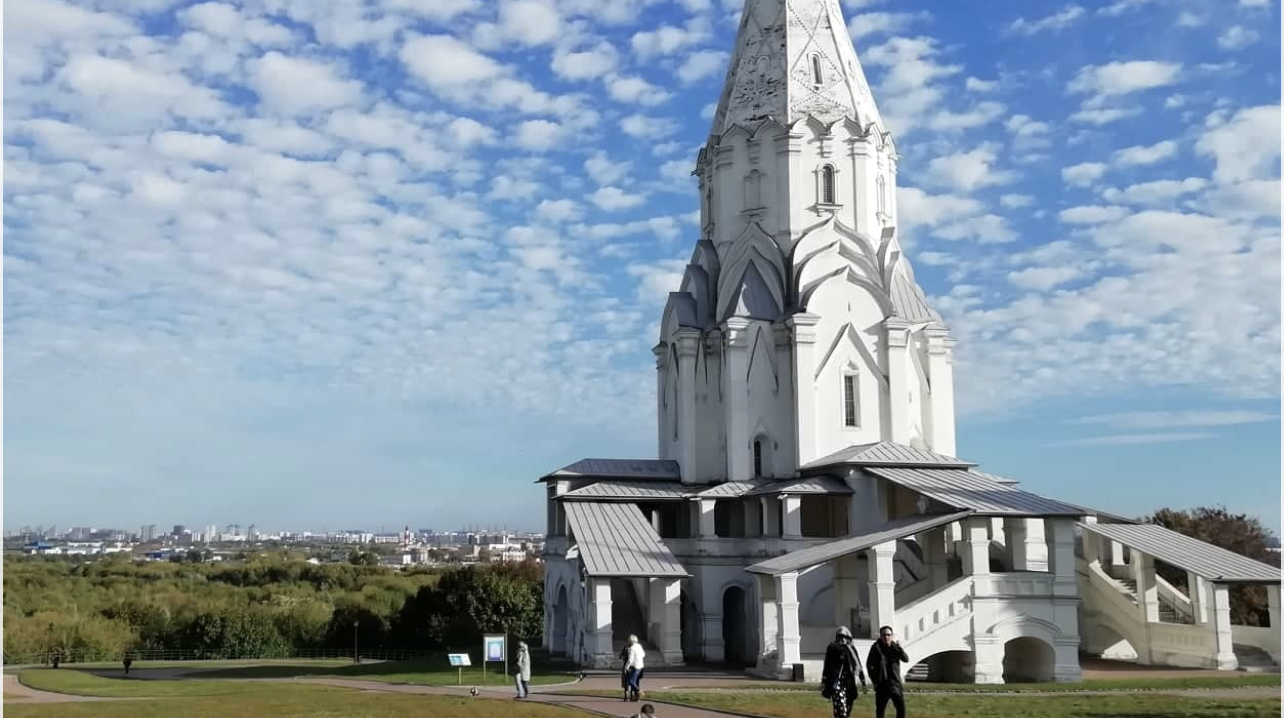When I told my friends I’d been offered a place to study in Moscow for the next year, the response was along the lines of ‘why would you do that?’ and ‘don’t go Silas, you will die.’ A year later, and I’m happy to say I am still here and still very much alive.
Maybe they had a point. It hasn’t been straightforward or easy, and in that sense, it’s hard to sketch an overall narrative of my time in Russia. But that’s not to say it’s all doom and gloom – I’ve seen some incredible things, met some wonderful people and learnt a lot. Moscow is fascinating and far too complex to unpack in a short article, but I’d like to outline some things that stand out from my year so far.
Preparing to come here was less about packing, more a battle against a mountain of paperwork and bureaucracy. The same goes for the first few weeks; sorting accommodation, registration and visa extensions were the only constants in this new environment. This period was an amalgam of chaos, both terrifying and exciting; meeting other students, discovering the curiosities of the Russian supermarket scene and just trying to get by whilst not speaking the language, made settling in something of a challenge.
I live in a dormitory which costs £20 a month. I share a room with one person and a kitchen with 20. There’s a 24-hour security booth, CCTV in every corridor, and alcohol is banned. It’s not glamorous, but that’s not to say there aren’t perks: for some reason that I am yet to fully understand, I have a family-sized fridge in my room.
The food culture here is certainly unique. The Russian palette is based on sour cream, (dried) fish, pickles, and a lot of dill – none of which I personally indulge in. A local delicacy is olivier salad, a fine mix of diced potatoes, pickles and carrot, all smothered in mayonnaise. What it lacks in taste, it doesn’t compensate for in visual appeal.
Student life in Moscow doesn’t really fit into any neat conceptual category, but feels more like a patchwork of oddities. Even the city in itself is a bizarre mix of flashy global brands inhabiting the legacies of Soviet urban space. In a more personal capacity, I’ve been compiling a list of the many strange things I’ve seen, done (and had done to me). Some highlights include: Russian students making me eat a pickle and say “Russian women are the most beautiful” and when the plane broke during take-off.
But in describing all that is new and strange to me, I’m navigating a precipitous risk of painting a picture of Russia using only Western tropes. It is wrong to reduce such a sprawling, diverse country to fleeting imagery of stark winters, ‘backwardness’ and isolation. I can’t deny the incredibly privileged position I inhabit in Moscow as a middle-class international student, and how that affects my relationship to the rest of Russian society. Recognising and confronting the discursive imaginaries of ‘Russia’ that I and other EU students have brought with us is critical.
Moving anywhere is tough, and Moscow is no exception. It’s not groundbreaking to say that it takes time and consideration to understand how things work in a new place and then adjusting to these ways. After coming back to Moscow for semester two, I was excited to return to this new world I’ve built, to strengthen the new connections I’ve made, and to visit new places.
I think the most important conclusion I can give is the importance of taking on Russia on its own terms. Without questioning the stereotypes we enable when talking about Russia, I’d be doing a disservice, and only scraping the surface of Russian culture. And, at least once, just try the olivier salad.
Image: Silas Lehane

